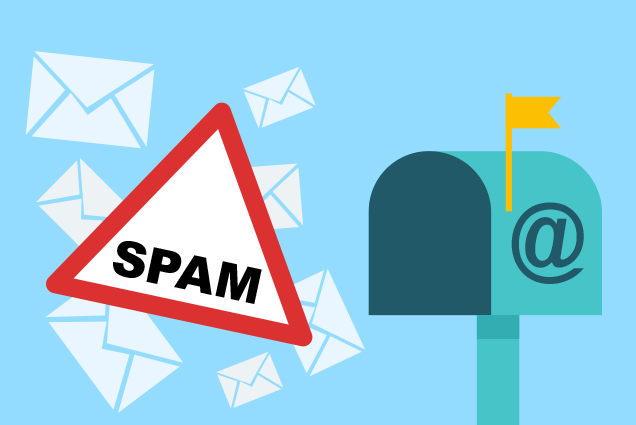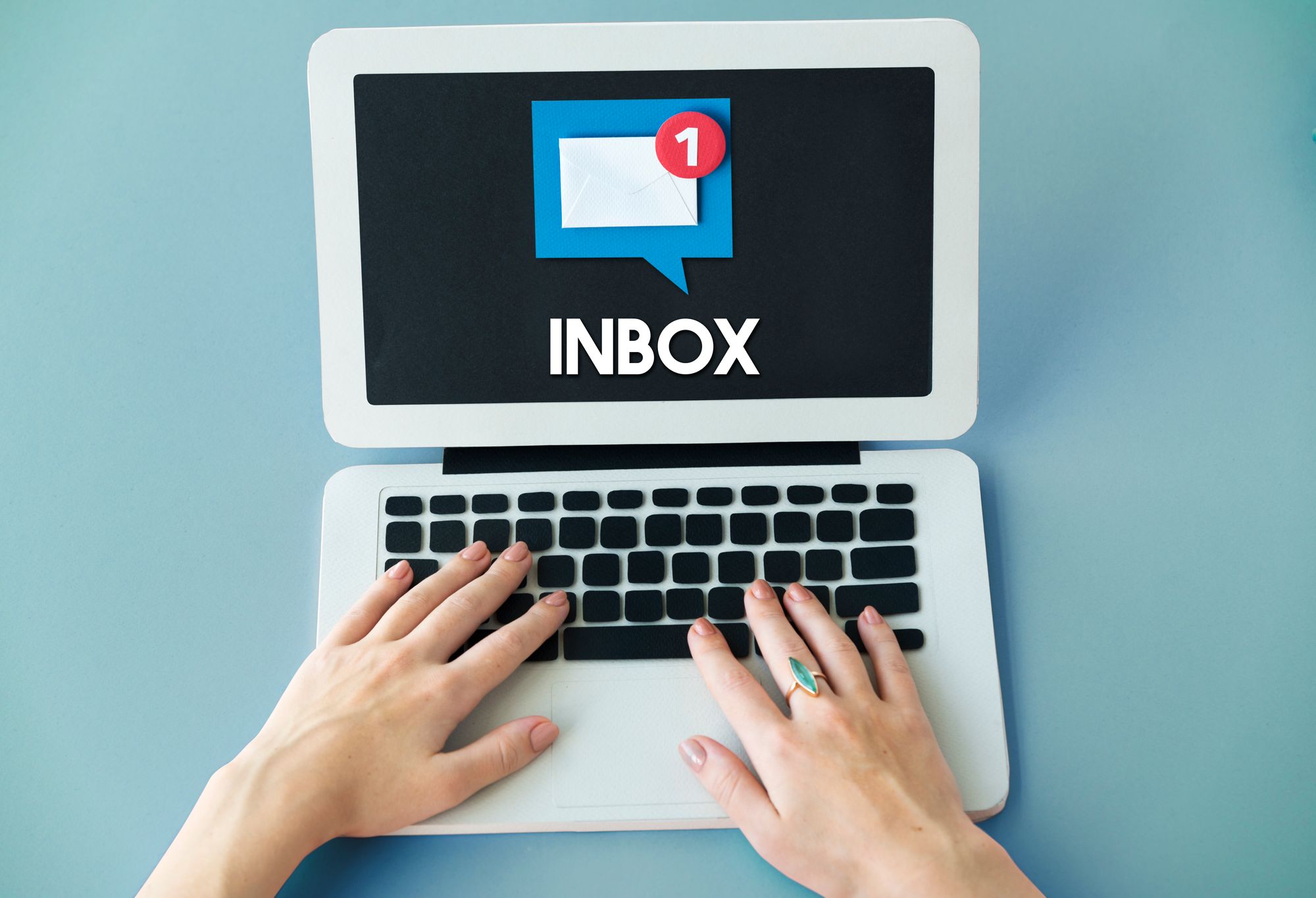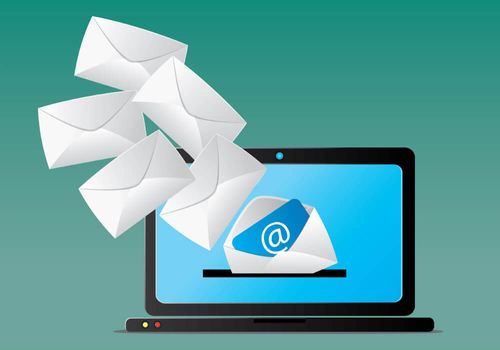In today's digital world, email has become the primary mode of communication for individuals and businesses alike. However, with the increasing sophistication of email filters and spam detection mechanisms, it's common for legitimate emails to end up in the dreaded spam folder. Failing to check your spam folder regularly can result in missed opportunities, important messages going unnoticed, and a compromised email experience. In this article, we will explore why it's crucial to regularly check your spam folder and provide effective strategies to prevent important emails from being missed.
The Importance of Checking Your Spam Folder

Many email service providers implement robust spam filters to protect users from unwanted and potentially harmful emails. While these filters are highly effective, they may occasionally flag legitimate emails as spam due to various reasons such as unfamiliar senders, certain keywords, or formatting issues. Consequently, checking your spam folder becomes essential to ensure that important emails don't slip through the cracks.
By regularly reviewing your spam folder, you can:
- Identify and retrieve legitimate emails that were mistakenly marked as spam.
- Prevent missed opportunities for professional collaborations, job offers, or important notifications.
- Maintain effective communication with clients, colleagues, and customers.
- Stay updated with important newsletters, promotions, or time-sensitive offers.
- Protect yourself from potential phishing emails that might bypass the spam filter.
Effective Strategies to Prevent Important Emails from Going to Spam

While checking your spam folder is crucial, it's equally important to take proactive measures to prevent important emails from ending up there in the first place. By implementing the following strategies, you can improve the deliverability of legitimate emails:
1. Whitelist Trusted Senders
Add the email addresses or domains of trusted senders to your email whitelist or contacts list. This action signals to your email provider that you consider these senders safe and ensures that their emails reach your inbox directly.
2. Customize Spam Filter Settings
Adjust the settings of your email spam filter to suit your preferences. Most email providers offer options to customize the sensitivity of the spam filter, allowing you to find the right balance between reducing unwanted emails and ensuring important messages are not mistakenly flagged.
3. Regularly Review and Train the Spam Filter
Take the time to review emails in your spam folder and mark legitimate ones as "Not Spam" or "Not Junk." This trains the spam filter to recognize the type of emails you consider safe and reduces the chances of similar emails being marked as spam in the future.
4. Avoid Suspicious Links and Attachments
Exercise caution when clicking on links or downloading attachments from unknown or suspicious senders. Spam filters often flag emails with suspicious content, so being mindful of the emails you interact with can minimize the chances of legitimate emails being marked as spam.
5. Regularly Update and Maintain Your Email Account
Ensure that your email account is up to date and well-maintained. Delete unnecessary emails, organize your inbox, and keep your email software or app updated. An optimized email account reduces the risk of technical issues that can lead to emails being misclassified as spam.
Commonly Asked Questions
1. How often should I check my spam folder?
It is recommended to check your spam folder at least once a day. However, the frequency may vary depending on your email activity and the importance of timely email communication in your personal or professional life. If you receive a high volume of emails, checking your spam folder more frequently, or setting up automated notifications for flagged emails, can be beneficial.
2. Can important emails always be recovered from the spam folder?
While it's possible to recover important emails from the spam folder, there is no guarantee. Spam folders are automatically cleared periodically by email providers, and emails that have been deleted may be irretrievable. To avoid such situations, make it a habit to check your spam folder regularly and promptly move legitimate emails to your inbox.
3. What should I do if legitimate emails consistently end up in the spam folder?
If you notice a recurring pattern of legitimate emails being flagged as spam, consider reaching out to your email service provider for assistance. They can provide guidance on adjusting spam filter settings, whitelisting specific senders, or troubleshooting any technical issues that might be causing the problem.
4. Can using spam-checking tools help prevent important emails from going to spam?
Yes, there are various spam-checking tools available that can help you assess the likelihood of your email being flagged as spam. These tools analyze various factors such as email content, subject lines, and sender reputation to provide insights and recommendations for improving deliverability. However, it's important to note that no tool can guarantee 100% deliverability, so implementing a combination of best practices is essential.
5. Are there any downsides to disabling the spam filter completely?
Disabling the spam filter completely is not recommended. While it may prevent legitimate emails from being flagged as spam, it also exposes you to a higher risk of receiving unsolicited or potentially harmful emails. A well-configured spam filter provides a necessary layer of protection against phishing attempts, malware, and unwanted promotional emails.
Conclusion
Regularly checking your spam folder is crucial to prevent important emails from being missed or overlooked. By understanding the importance of checking your spam folder, implementing effective prevention strategies, and staying vigilant, you can ensure that legitimate emails reach your inbox and maintain a reliable email communication system. Remember to take proactive measures to prevent important emails from going to spam, and make it a habit to review your spam folder regularly. By doing so, you can stay connected, seize opportunities, and avoid the frustration of missing out on



